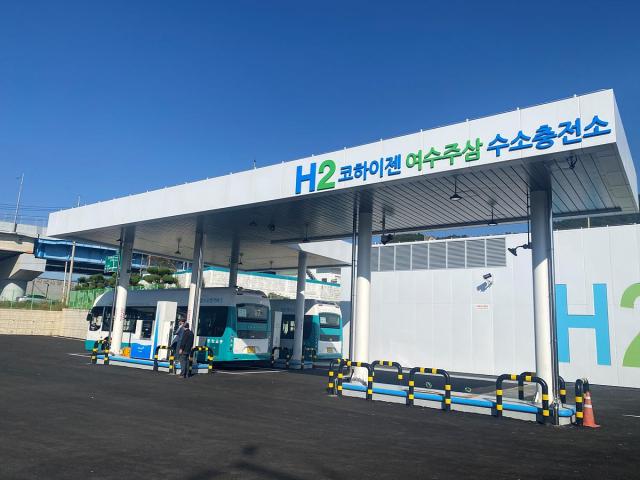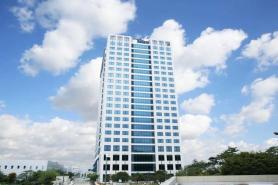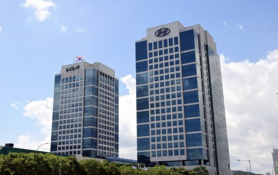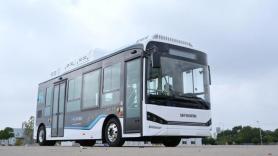
SEOUL -- Donghae City and Gangneung City, two of South Korea's picturesque seaside locales situated along the East Coast, are set to entice consumers to invest in hydrogen fuel cell vehicles through substantial subsidies. Each hydrogen vehicle will be eligible for a generous subsidy of about 34.5 million won ($25,881).
In 2019, former South Korean President Moon Jae-in introduced a new energy roadmap aimed at fostering the country's "hydrogen economy," with the objective of bolstering South Korean companies' dominance in the global hydrogen fuel cell industry. This initiative also formed a crucial part of South Korea's overarching strategy to gradually decrease its reliance on fossil fuels and achieve carbon neutrality by 2050.
Despite these ambitious plans, the adoption of hydrogen fuel cell vehicles (FCEVs) did not garner the expected public support, primarily due to the insufficient hydrogen charging infrastructure. Although the country aimed to establish over 28 hydrogen charging stations for FCEVs by the end of 2022, a tragic incident occurred in 2019 when a hydrogen tank explosion at a technology research complex in the eastern port city of Gangneung resulted in one fatality and five injuries. This incident heightened public apprehension regarding hydrogen facilities.
Presently, there are approximately 270 operational hydrogen charging stations nationwide, as per the Prime Minister's Office. Seoul hosts 10 stations, while Gangneung and Donghae each have one. Additionally, there are around 580 public hydrogen fuel cell electric buses, with 2,860 FCEVs registered as of October 2022.
Donghae City has pledged to allocate 2.4 billion won towards the distribution of 70 FCEVs, with eligible drivers receiving a subsidy of 34.5 million won from the local government. Similarly, Gangneung City aims to distribute 200 FCEVs, with the condition that recipients must operate their vehicles for a minimum of two years to avail themselves of the local government's support funds.
Copyright ⓒ Aju Press All rights reserved.




